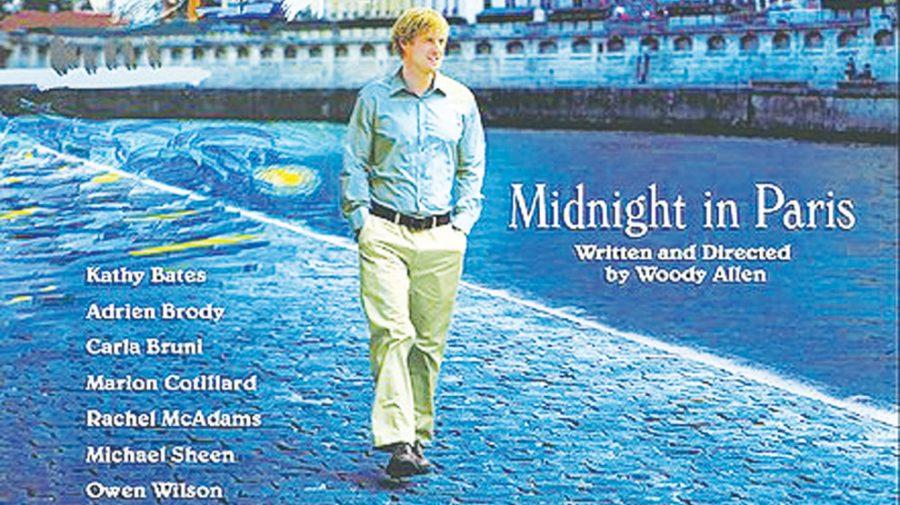As of July 1, Woody Allen’s latest, “Midnight in Paris,” has grossed over $31 million, his biggest box office success in 25 years. It has done so over a long span, a sign of critical praise and strong word-of-mouth through audiences themselves.
Meanwhile, the much hyped-up “The Green Lantern” opened strong through an unbelievably expensive marketing campaign, then fizzled, at least in part due to reviews where all the critics could do was shake their heads, with prospective moviegoers watching audiences leaving the film and shaking their heads, too.
With Allen’s next film, featuring a cast of Jesse Eisenberg, Ellen Page, Penelope Cruz, Alec Baldwin and Allen himself and scheduled to begin shooting in Rome sometime this month, Allen may still witness a late-career renaissance.
Going back 25 years, Allen saw the release of his most successful film to date, “Hannah and Her Sisters.” The movie has grossed $40 million, and some consider it his best work. With this film, along with the later “Crimes and Misdemeanors,” Allen showed an uncanny ability to balance heavy dramatic elements with delirious comedy.
Hannah (Mia Farrow) and her two sisters of the title (Barbara Hershey and Dianne Wiest), along with Hannah’s husband Elliot (Michael Caine) are primarily involved in the more serious drama, while Allen’s Mickey character provides most of the laughs.
The use of voiceover has rarely been more effective in film. We can understand how awkward Elliot can be and how he is never able to get his heart and mind in the same place and keep intent and action together. He is one of the most convincingly awkward characters committed to screen, convincing in large part due to his voiceover and also a strong performance from Michael Caine.
The voiceover is also effective in showing Holly’s deep insecurities and Lee’s confusion. Finally, we are able to get inside Mickey, the hypochondriac, which leads to many comic moments.
Mickey’s hypochondria manifests itself beyond the physical into a spiritual crisis, which leads to heavy questions of existence, knowledge and the afterlife, as well as more comic moments. Mickey tries a conversion to Catholicism, which fails. His parents are hysterical that he won’t give Judaism a proper try. Finally, he takes literature from a Hare Krishna practitioner and knows it can’t possibly work out.
Through this crisis, Mickey comes to realize that life isn’t meaningless. Some of the big questions may never produce answers, but if our worst fears are confirmed, life’s still worth living. Fittingly enough, he reaches this conclusion while watching a film. Indeed, films, like all great art, have the power to overwhelm our emotions, give us a feeling of transcendence and can make us feel happy to be alive.
“Hannah and Her Sisters” is an impressive feat for Allen. He reaches a new maturity in some of his camera work and editing, which is due to the critical multiple voiceovers and multiple flashbacks. The script itself is also quite good, being not only funny, but also giving depth to multiple characters, some of whom don’t have a wealth of time on-screen.
The acting is first-rate all around, featuring several small yet strong parts, including a relatively unknown Richard Jenkins (The Visitor, Burn After Reading), as well as Daniel Stern, Carrie Fisher, Julie Kavner, John Turturro, Sam Waterston and Lewis Black.
The fact that Allen’s writing, directing and acting in “Hannah and Her Sisters” yields such results is a testament to his singular talent. I am hopeful that despite being 75 and having given us a lot already, he will continue to be successful for years to come.









